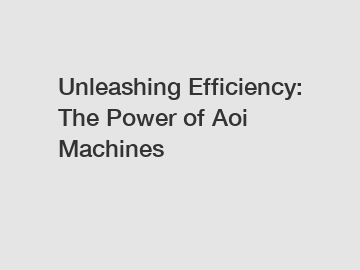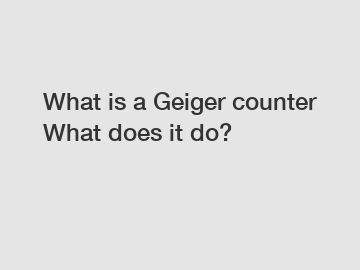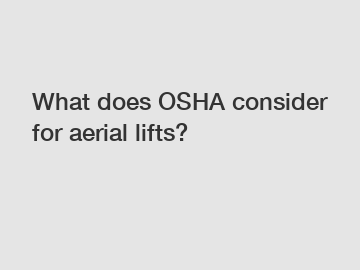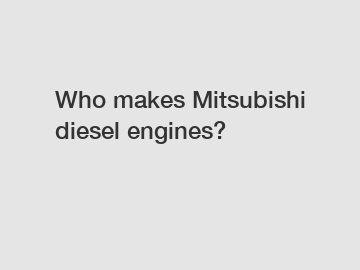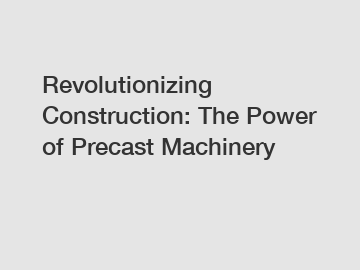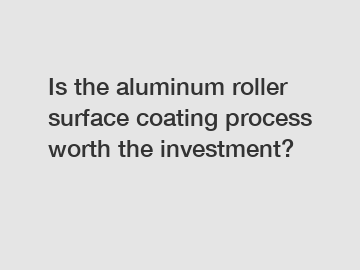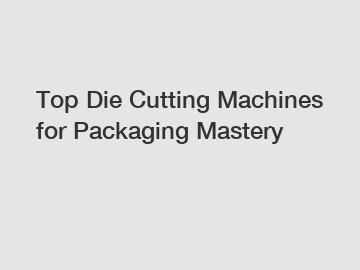What are the disadvantages of metal spinning?
Metal spinning is a popular metal forming technique that has been used for centuries to create a wide range of products. From small household items to large industrial parts, metal spinning offers a cost-effective and efficient way to shape metal into various forms. However, like any manufacturing process, metal spinning also has its disadvantages that can impact the quality and production of metal spun parts.
One of the main disadvantages of metal spinning is the limited range of shapes that can be produced. While metal spinning is well-suited for creating simple cylindrical shapes such as cones, cylinders, and domes, it can be challenging to produce more complex shapes with high precision. This limitation can restrict the design possibilities for engineers and designers looking to create innovative products with unique shapes.
Another disadvantage of metal spinning is the potential for thinning and wrinkling of the metal during the spinning process. As the metal is stretched and formed over a spinning mandrel, there is a risk of the metal thinning out in certain areas, leading to weak spots in the finished part. Additionally, if the metal is not properly supported during spinning, it can wrinkle or distort, resulting in a part that does not meet the desired specifications.
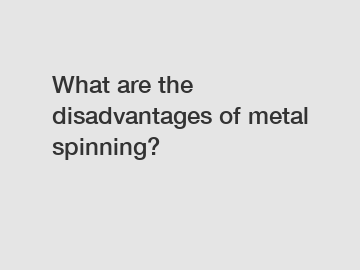
In addition to shape limitations and potential thinning and wrinkling, metal spinning also has a relatively slow production rate compared to other metal forming techniques such as stamping or casting. The time-consuming nature of metal spinning can result in longer lead times and higher production costs, especially for large quantities or complex parts. This can be a significant drawback for manufacturers looking to produce metal parts quickly and cost-effectively.
Explore more:Do dewars need to be chained?
Revolutionizing Marine Transportation: The Future of Motor Propellers. What's Next?
What are the advantages of using precast concrete?
Why Buffer Devices are the Ultimate Hack?
How do you connect cast iron fittings?
Which are the 3 most used picking systems in warehousing?
Upgrade Your Business with Foil Stamping Machine for Sale - Enhance Your Brand!
Furthermore, the tooling costs associated with metal spinning can be prohibitively expensive, especially for low-volume production runs. In order to create the spinning tools and mandrels needed to form metal parts, manufacturers must invest in specialized equipment and machinery, which can add to the overall production costs. This high initial investment can be a barrier for small businesses or start-ups looking to incorporate metal spinning into their manufacturing processes.
Another disadvantage of metal spinning is the limited material options available for spinning. While metals such as aluminum, stainless steel, and copper are commonly used in metal spinning, other materials such as plastics or composites may not be suitable for spinning due to their properties or melting points. This limitation can restrict the choice of materials that can be used for metal spinning applications, which may not be suitable for certain industries or applications.
Despite these disadvantages, metal spinning remains a valuable metal forming technique that offers numerous benefits for manufacturers and designers. With its ability to create seamless, uniform parts with minimal tooling and setup time, metal spinning is ideal for producing high-quality metal parts with complex shapes and tight tolerances. Additionally, the versatility of metal spinning allows for customization and flexibility in design, making it a popular choice for a wide range of industries.
In conclusion, while metal spinning has its disadvantages in terms of shape limitations, thinning and wrinkling, slow production rates, high tooling costs, and limited material options, it still offers many advantages for manufacturers looking to produce high-quality metal parts efficiently and cost-effectively. By understanding the drawbacks of metal spinning and taking steps to mitigate them, manufacturers can leverage the benefits of this versatile metal forming technique to create innovative products and stay competitive in the marketplace.
The company is the world’s best automatic machine for cnc metal spinning suppliers, Copper Spinning Machine Manufacturer, metal spinning machine for sale supplier. We are your one-stop shop for all needs. Our staff are highly-specialized and will help you find the product you need.
Explore more:Where can I use a wire cutter?
Which Blowout Preventer for Sale Offers the Best Value?
What is the tariff code for induction heater?
Upgrade Your Clamping Game with our Foam Clamping Crane: Your Ultimate Solution!
What is the vacuum system in a refinery?
Revolutionizing Construction Industry with EPS Block Moulding Machine - Why Should You Invest?
Why investing in plastic film agglomerator is worth it?



